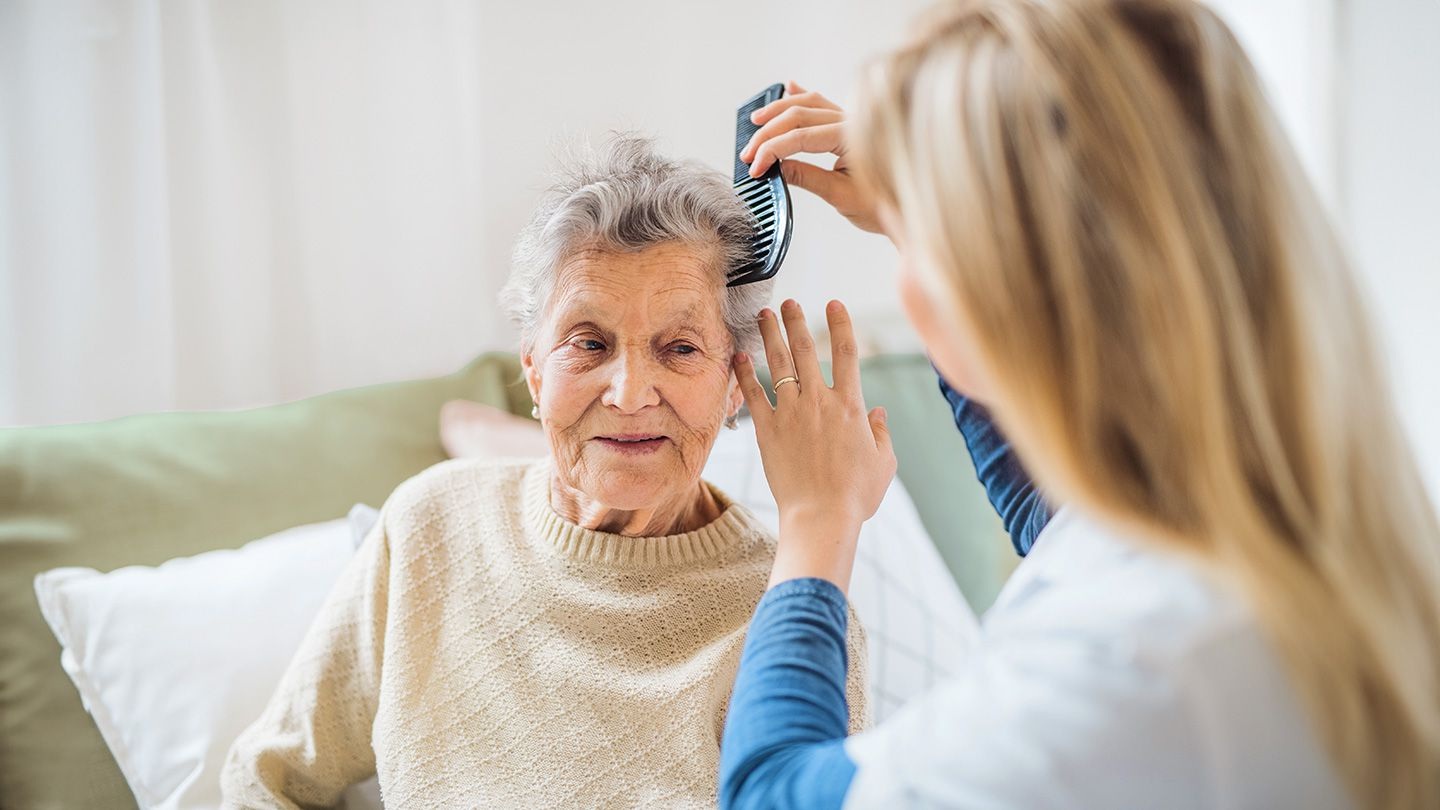
@ShahidNShah


Hospice care, often misunderstood, offers comprehensive support for those with terminal illnesses. Hospice nurse Julie McFadden debunks misconceptions, emphasizing its more nuanced nature. Hospice can be provided at home or in a facility, with in-home care relying on family support. It's applicable to people of all ages facing terminal illnesses. McFadden stresses the importance of considering hospice sooner for enhanced end-of-life quality. Utilizing the full hospice team, including nurses, social workers, and volunteers, is crucial. Clear communication about end-of-life wishes and open discussions, even on difficult topics, contribute to a more informed and comforting experience. McFadden advocates changing perceptions of death for a better end-of-life journey.
Hospice nurse Julie McFadden dispels misconceptions about hospice care, emphasizing its broader scope beyond a grim end-of-life setting. Hospice is offered at home or in facilities, applicable to all ages facing terminal illnesses. McFadden urges early consideration of hospice, highlighting its benefits, including pain management and quality time with loved ones. Leveraging the full hospice team, including nurses, social workers, and volunteers, enhances support. Communicating end-of-life wishes and asking questions, even difficult ones, contributes to a more informed and comforting experience, challenging societal perceptions of death for a better end-of-life journey.
Continue reading at everydayhealth.com
Remote Patient Monitoring (RPM) programs offer significant patient care benefits, yet face challenges related to Social Determinants of Health (SDOH). While RPM facilitates a comprehensive care …
Connecting innovation decision makers to authoritative information, institutions, people and insights.
Medigy accurately delivers healthcare and technology information, news and insight from around the world.
Medigy surfaces the world's best crowdsourced health tech offerings with social interactions and peer reviews.
© 2025 Netspective Foundation, Inc. All Rights Reserved.
Built on Apr 17, 2025 at 6:07am